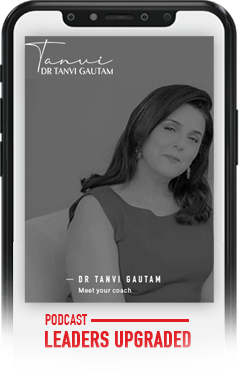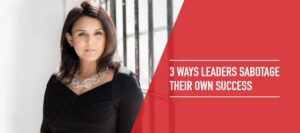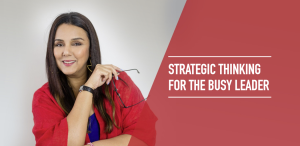

5 personal branding mistakes on social media
In today’s professional world, personal branding is a critical component for career success. It shapes how others perceive us, influences interactions with industry experts, and drives our overall career development. The question is no longer whether to have a personal brand but how to cultivate it. A robust personal brand encompasses our behavior, personality, core values, and skills, collectively defining our professional identity. Social media has become a bit part of the personal branding-building journey for anyone who now has realised that if you are not a valued brand, you are a commodity, and commodities are replaceable and will never be sought after. Yet every day, I see leaders dilute their personal brand in big ways and small on social media, without even recognizing it.
Top 5 mistakes
Mistake #1 Focusing on the optics versus the fundamentals
Building a personal brand is an inside-out journey. Instead of fixating solely on the optics of it, such as your positioning statement (which chat GPT can help you with), it’s essential to understand who you are and what you stand for. Core values should be the bedrock of your personal brand, with authenticity at its core. That should be the guiding light and not a quick template driven approach to personal branding. This requires deep work and self-reflection. Who are you and where are you going? And most importantly – who do you want to be?
Mistake #2: Sharing too little (or too much) of themselves
Presenting a robotic or inauthentic image on social media is another pitfall. If all you post is industry updates and official company news then people never get to see the real you. Authenticity is crucial. How much to share is your choice and each person has their own comfort level on this topic. Some fear saying the wrong thing (See the amazing podcast with Charlene Li at the end of the newsletter), and while this fear is understandable, it is not to be used as an excuse. Listen to the podcast for strategies around it.
While it is essential to be authentic on social media, leaders must also be cautious about oversharing personal information and stories. I sometimes see posts that talk about deep personal traumas without a trigger warning for those who may not be ready for that content. One has to respect the audience and give them a fair share of choice in the content they are able to consume and process.
Mistake #3: Here today and gone tomorrow
A strong personal brand requires both visibility and credibility. Maintaining a consistent online presence is crucial. Technology can help by scheduling posts, identifying brand-aligned keywords, and engaging with industry influencers, but you will find you run out of juice soon. Why? Because life takes over. There are priorities and good days and bad days, but imagine this: if you were to go to Starbucks and they served good coffee only on some days and not on others, their business would shut down. Posting original content is not the only way to be present on social media. Helping people make connections between ideas, commenting thoughtfully on posts that matter and re-sharing other people’s content are equally valid ways of building a thought leadership-based brand.
Mistake #4: Talking to yourself
Community plays a significant role in personal branding. Social media is more than self-promotion; it’s a platform for nurturing meaningful relationships. Successful personal branding centers on adding value to your chosen tribe. By supporting your community, you naturally expand your influence. Community lies at the heart of fostering a powerful personal brand on social media. Who do you comment on regularly, where have you tried to add value to a post, and where have you invited interaction?
Mistake #5 : Forgetting about the people behind the posts
Personal brands are created are ‘personal’, not just in that it is your brand but that your brand must feel personal to the people you interact with. Your network is the best amplifier of your brand, and for that, you have to treat your online connections the same way you treat your in-person connections. Hint: Do not reach out admiring a person for their work and then send them a list of your services the moment they accept your request. Worse, ask them for a favor when they hardly know you or show up in their inbox asking for support when you have not been in touch with them for years.
In an age of declining trust in brands and institutions, individuals trust their networks and peers more. The time is ripe for you to take control of your personal brand and story online. Let me know what other mistakes do you see people making and join the conversation through the comments
Take this short quiz to find out if your career is a sinking ship?
Subscribe our newsletter to upgrade your leadership, life and career
Leaders upgraded podcast
The top names in leadership share their insights and advice for you










